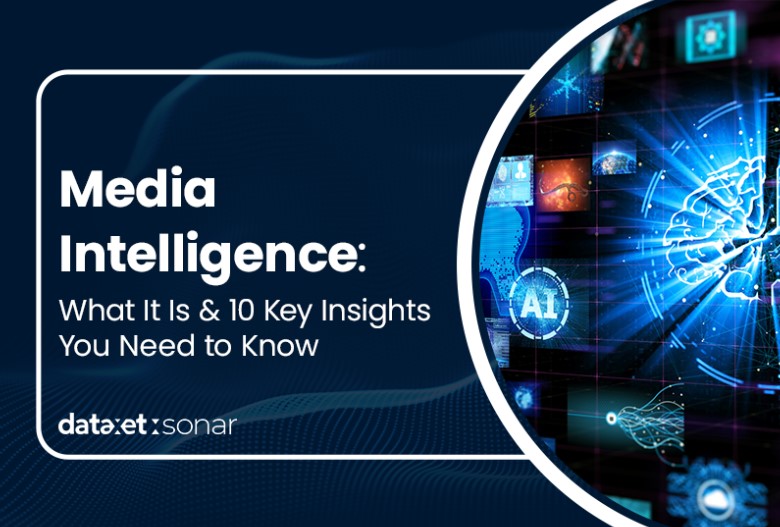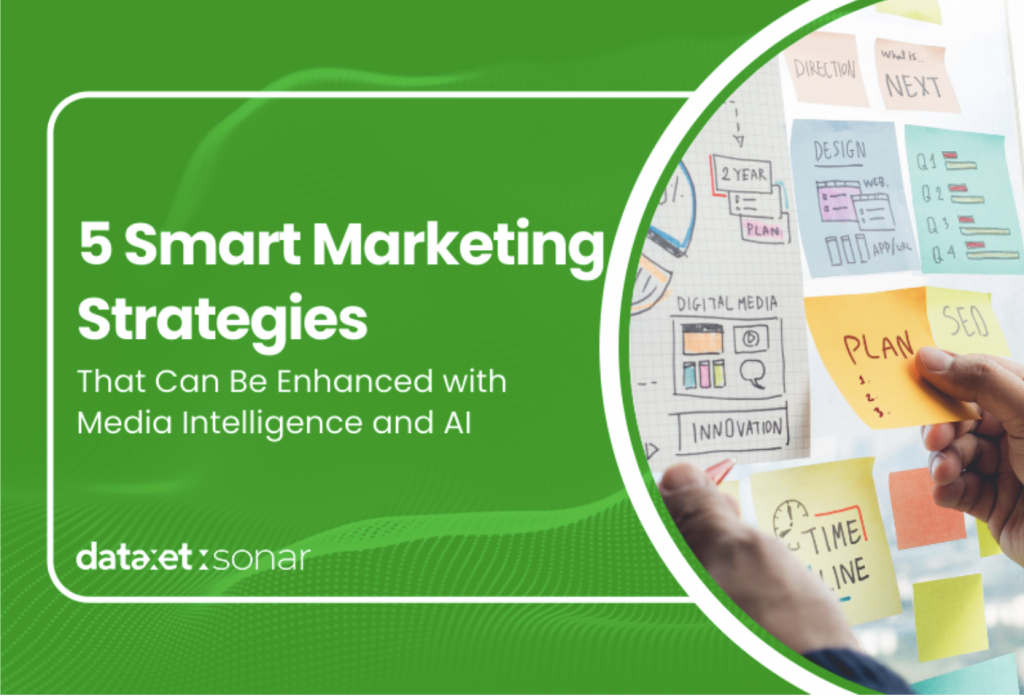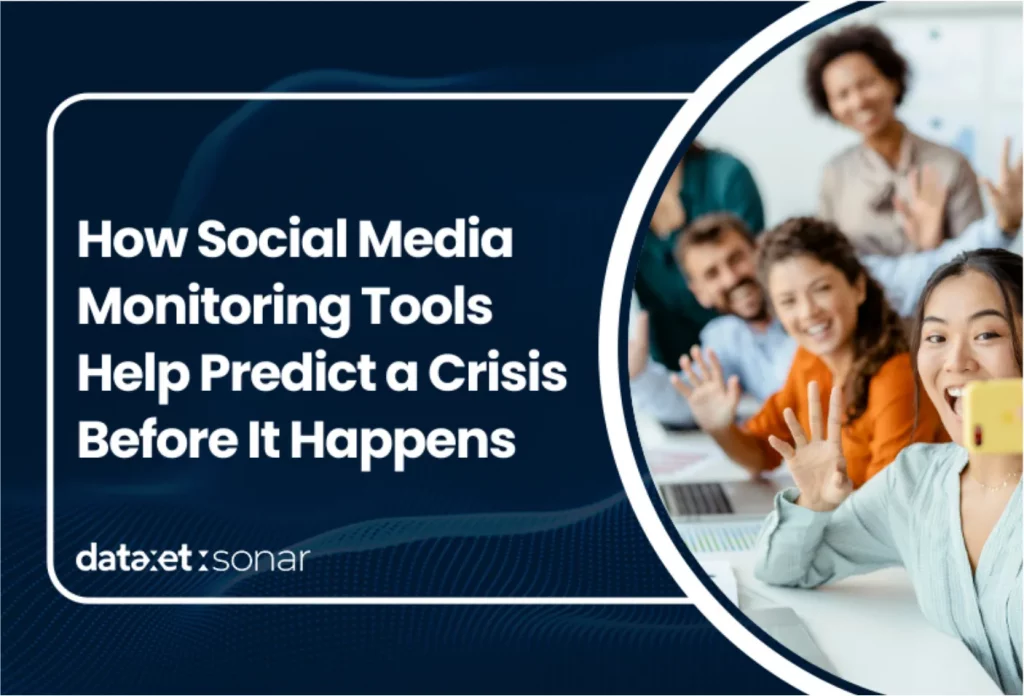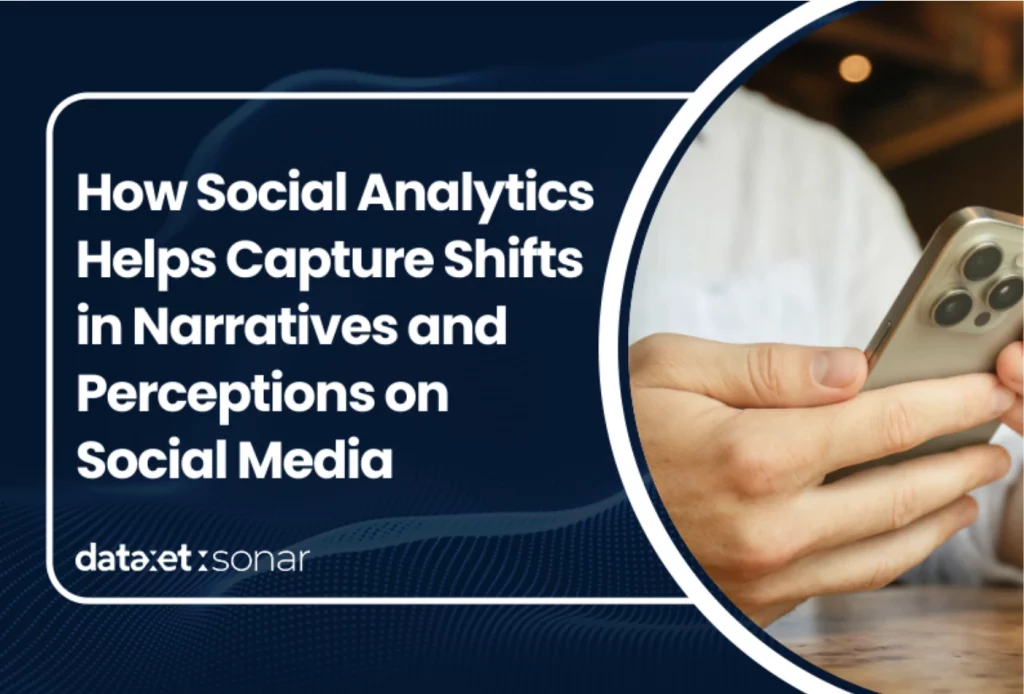Table of Contents
In today’s digital era, information flows rapidly through various media channels. Businesses across industries must keep up with this information to understand how their brand is perceived by the public, identify market trends, and respond quickly to changes. This is where media intelligence plays a crucial role.
Media intelligence refers to the process of collecting and analyzing data from diverse media sources—print, digital, television, radio, and social media—to gain actionable insights for business strategy. It enables companies to not only monitor what is happening across online and offline media but also understand why it’s happening and how it impacts their brand.
By leveraging media intelligence, businesses can plan more effective marketing campaigns, manage reputation, and make smarter, data-driven decisions. Below are 10 key insights into media intelligence that will help you optimize your business strategies in the modern era.
1. What Is Media Intelligence and Why Is It Important?

Media intelligence involves collecting and analyzing data from various media, including print, digital, television, radio, and social media, to generate actionable insights for business decision-making.
In today’s fast-paced information age, having accurate data is critical to making better and timely decisions.
And there is also an understanding quoted from LexisNexis, namely,
Media intelligence is a process that involves collecting and analyzing data from various media sources to understand how a brand, organization, or campaign is perceived by the public. It can help businesses protect their reputations, control their stories, and make informed decisions.
LexisNexis, Perusahaan Analisis Data Amerika Serikat
Why Is Media Intelligence Important?
With this tool, businesses can gain deep insights into market trends, consumer behavior, and reputation management. Media intelligence plays a significant role in crafting efficient and effective strategies.
2. How Media Intelligence Works: The Data Collection Process

Media intelligence operates by gathering data from various media channels, including social media, television, radio, and news portals. Once the data is collected, technologies like artificial intelligence (AI) and machine learning process the data, transforming it into insights that businesses can use.
This process goes beyond simple statistics or numbers—it analyzes public sentiment, emerging trends, and audience preferences. These insights provide businesses with the tools to respond quickly and effectively to market changes and trends.
3. The Role of Media Intelligence in Business Strategy

Companies that rely on media intelligence have a competitive edge in understanding consumer behavior, monitoring competitors, and assessing marketing campaign effectiveness. Media intelligence allows businesses to identify market trends and make smarter strategic decisions based on data.
For instance, when launching a marketing campaign, media intelligence enables businesses to track how the public responds to the campaign across social media and other platforms. This data allows them to adjust their messaging and marketing strategies for better results.
4. Media Intelligence Platforms: Top Solutions for Media Analysis

Here are some of the most popular and effective media intelligence tools that companies use to analyze data from various media sources:
Offers features such as real-time monitoring, sentiment analysis, campaign effectiveness evaluation, and crisis identification. It helps businesses monitor brand performance and public responses across online and offline platforms.
Focuses on global media tracking and news analysis, making it an excellent choice for multinational companies. Meltwater helps monitor brand reputation and identify new market opportunities based on international media data.
Provides in-depth analysis of social media conversations and trends. It’s particularly useful for companies seeking to understand how audiences discuss their brand and identify emerging issues on social media.
Each tool has its unique advantages, and it’s important to select the one that best fits your business scale, objectives, and the platforms you want to monitor.
5. The Benefits of Media Intelligence for Digital Marketing and PR

Media intelligence plays a crucial role in digital marketing and public relations. It acts like a radar, helping businesses track market trends, manage online reputation, and understand audience sentiment across various social media platforms.
Imagine you’ve just launched a marketing campaign. With media intelligence, you can immediately see how the audience reacts. Are they enthusiastic or expressing concerns? This real-time feedback allows businesses to quickly adjust their strategies, enhancing campaign efficiency and effectiveness.
6. Media Intelligence vs. Media Monitoring: What’s the Difference?

Many people confuse media intelligence with media monitoring, but they are significantly different.
Media Monitoring: This involves passively tracking various media channels to detect brand mentions. Think of it as simply monitoring news to see where and when your brand is mentioned, without deep analysis.
Media Intelligence: This goes beyond monitoring by offering deeper analysis of the collected data. For example, while media monitoring tells you what is happening, media intelligence explains why it’s happening and how it impacts your business.
7. Media Intelligence Trends for 2024: What Businesses Should Prepare For

With rapid advancements in AI, media intelligence is set to grow even further in 2024. Technologies such as artificial intelligence and predictive analytics will be key for companies to better understand and respond to the market.
AI allows for fast and accurate data analysis. Predictive Analytics helps businesses forecast trends and consumer behavior, making them better prepared for challenges. By leveraging these technologies, businesses can remain proactive and competitive in a constantly changing market.
8. Case Study: Successful Use of Media Intelligence in Brand Campaigns
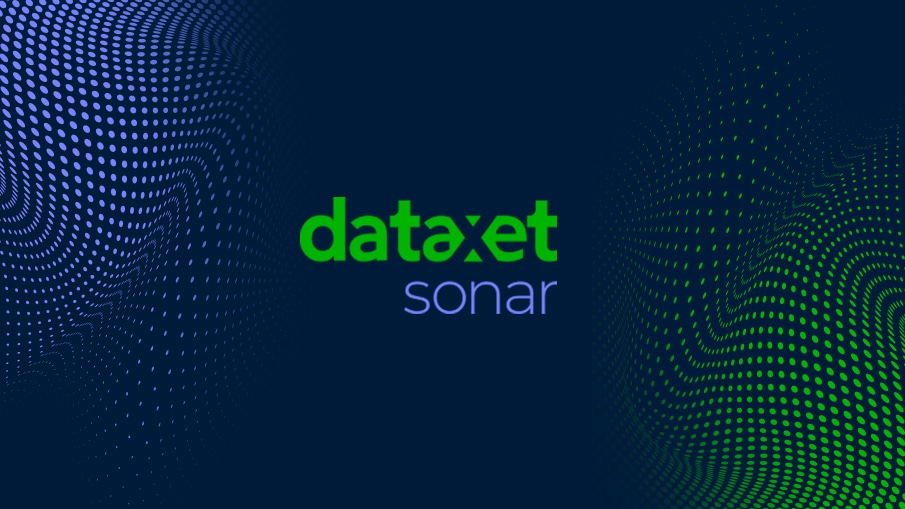
One of Dataxet’s clients shared their experience with media intelligence services. By leveraging features like real-time monitoring, sentiment analysis, campaign effectiveness evaluation, and crisis identification, the client gained valuable insights into public perception and sentiment.
The client also effectively monitored media coverage and public engagement with their brand. Over the course of the partnership, Dataxet provided highly accurate data and analysis. The monthly reports were not only easy to understand but also customizable to meet the needs of a dynamic industry.
Dataxet’s team was praised for being highly flexible and responsive, enabling the client to improve business performance and strategies based on the insights provided.
9. How Media Intelligence Enhances Your Business ROI

One of the key benefits of media intelligence is its ability to boost Return on Investment (ROI). By using these tools, businesses can optimize their marketing campaigns and maximize the impact of every dollar spent.
Media intelligence allows businesses to track campaign performance in real-time and evaluate the effectiveness of their strategies. This information helps them quickly adjust their approach to increase conversions and results. As a result, every dollar invested becomes more efficient and impactful, driving greater marketing success.
10. Steps to Choosing the Right Media Intelligence Tools for Your Business

Choosing the right media intelligence tool is critical to ensuring accurate and efficient data collection and analysis. Here are some key factors to consider when selecting the right platform for your business:
Select a platform that provides accurate and relevant data from sources like social media and online news.
Ensure the platform can grow with your business as data volume increases.
Choose a platform that can connect with and integrate multiple media platforms for a comprehensive analysis.
Look for features like sentiment analysis, trend tracking, and campaign performance reports.
A user-friendly interface ensures your team can maximize the platform’s features without extensive training.
Opt for tools with reliable customer support and regular updates to adapt to changing media landscapes.
Ensure the platform offers features that justify its cost and align with your business budget. By selecting the right media intelligence tools, businesses can gain actionable insights to refine their strategies and achieve greater success.

